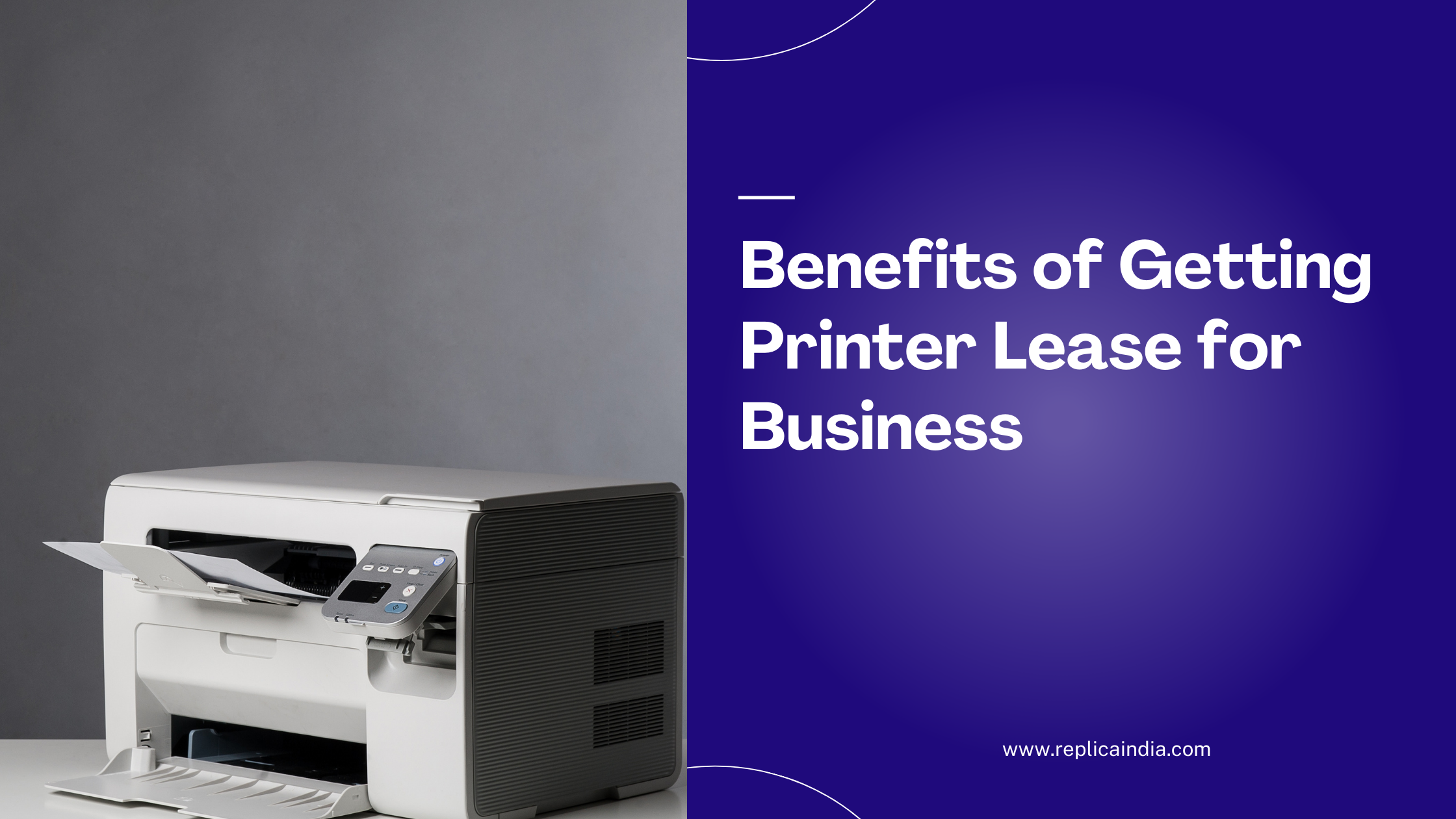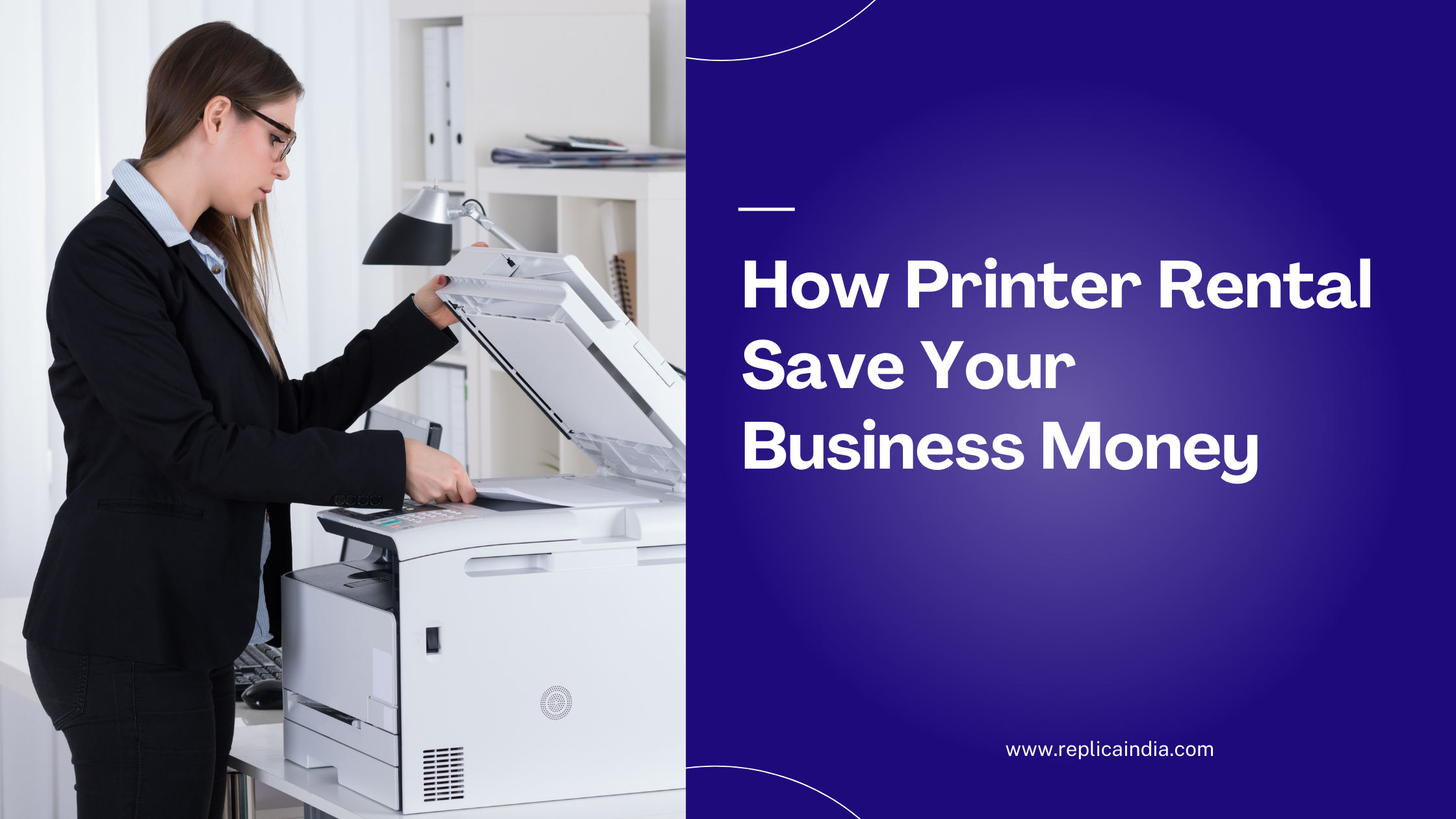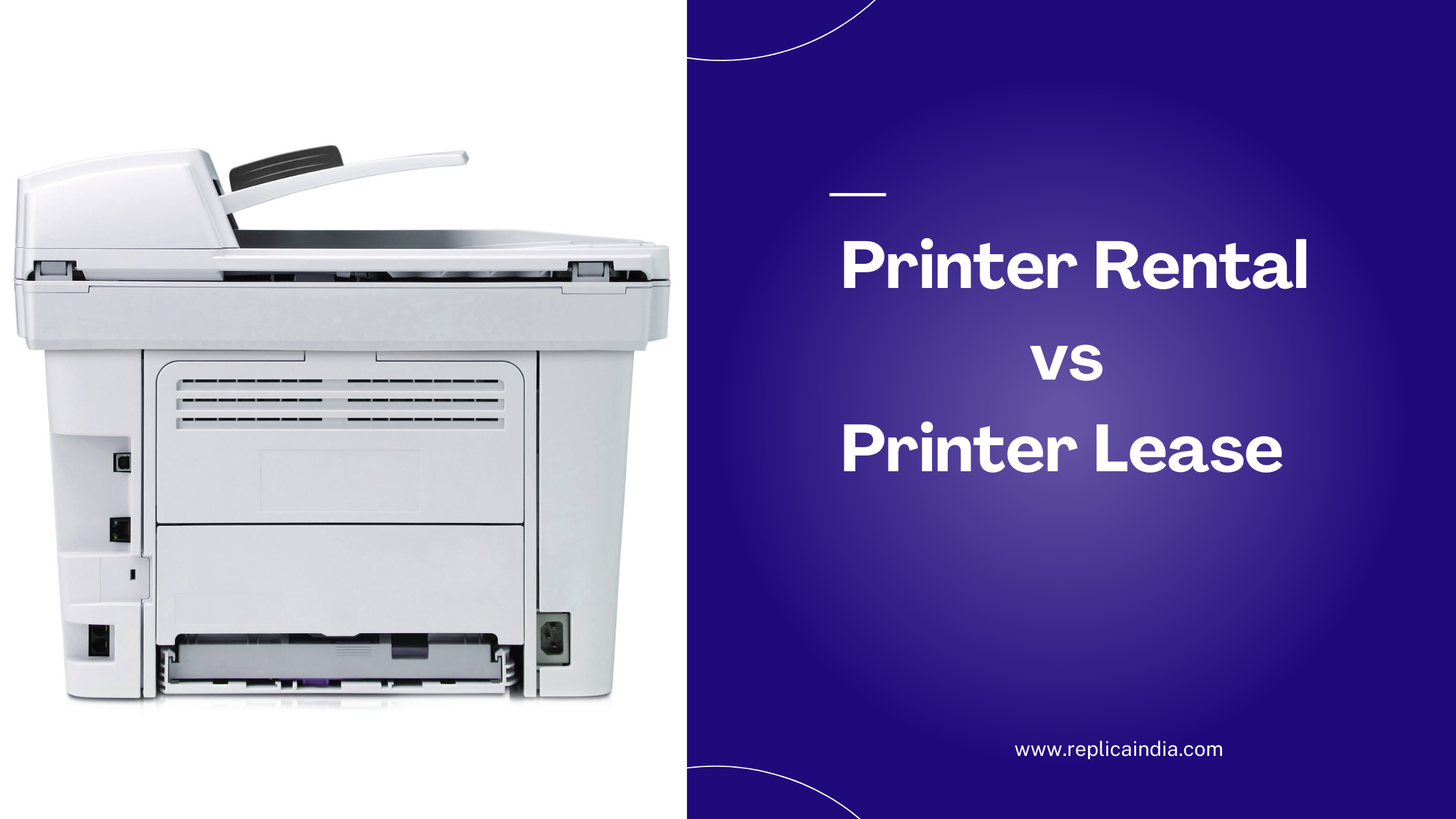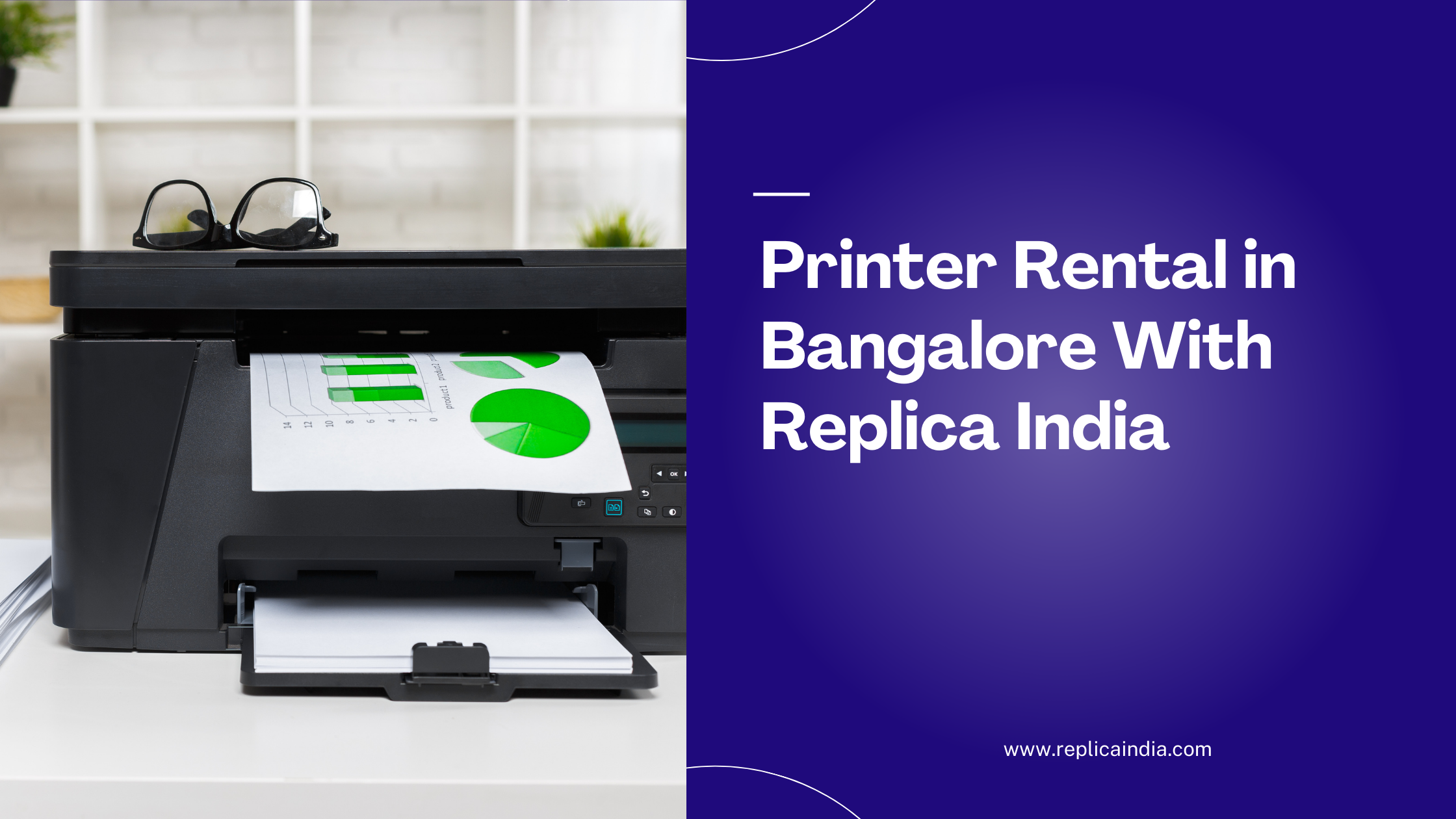
The pharmaceutical industry relies heavily on accurate and secure printing for various functions, from research and development to manufacturing and patient care. However, managing an in-house printing infrastructure can be complex, time-consuming, and costly. This is where managed print services (MPS) come in.
What are Managed Print Services?
MPS is a comprehensive solution offered by service providers who take over the entire responsibility of managing your organization’s printing environment. This includes tasks like:
- Device assessment and optimization: Analysing current printing needs and recommending the right equipment, placement, and print policies.
- Supplies management: Ordering and delivering toner, ink cartridges, and other consumables as needed.
- Maintenance and repairs: Proactive maintenance to avoid downtime and prompt repairs when needed.
- Security and compliance: Implementing features like secure printing, user authentication, and data encryption to ensure patient information protection and regulatory compliance.
Benefits of MPS for the Pharmaceutical Industry:
- Cost Reduction: MPS providers can help pharmaceutical companies significantly reduce printing costs through:
- Consolidation of devices: Eliminating unnecessary printers and optimizing device placement based on usage patterns.
- Negotiated pricing: Leveraging their buying power to negotiate better deals on equipment, supplies, and services.
- Reduced waste: Implementing print policies and technologies to minimize unnecessary printing.
- Enhanced Security: MPS providers offer robust security features to safeguard sensitive patient information, such as:
- Secure printing: Requiring user authentication to release print jobs, preventing unauthorized access.
- Data encryption: Encrypting data at rest and in transit to prevent breaches.
- Compliance assistance: Ensuring adherence to industry regulations like HIPAA and GDPR.
- Improved Productivity: MPS frees up IT staff and other employees from managing printers, allowing them to focus on core business activities. Additionally, features like mobile printing and remote access can further enhance productivity and flexibility.
- Streamlined Operations: MPS providers handle all printing-related tasks, allowing pharmaceutical companies to focus on their core competencies, such as research and development, manufacturing, and patient care.
Replica Xerography: A Secure Printing Solution
While MPS offers numerous benefits, it’s important to choose the right solutions for specific needs. In the pharmaceutical industry, where information security is paramount, replica xerography can be a valuable asset.
Replica xerography is a specialized printing technique that creates near-duplicate copies of documents, often used for highly sensitive materials like clinical trial documents, regulatory submissions, and patient records. This process offers several advantages:
- Enhanced security: Replica copies are exact replicas of the original document, making them virtually indistinguishable and reducing the risk of unauthorized duplication or alteration.
- Durability: Replica copies are resistant to fading, smudging, and tampering, ensuring long-term document integrity.
- Cost-effectiveness: Replica xerography can be a cost-effective way to create secure copies for archiving or distribution purposes.
By combining the benefits of MPS with secure printing solutions like replica xerography, pharmaceutical companies can achieve a robust and efficient printing infrastructure that supports their critical operations while maintaining the highest level of security and compliance.




